Elon Musk’s brain interface company is planning an event to show its latest efforts to connect brains and computers.


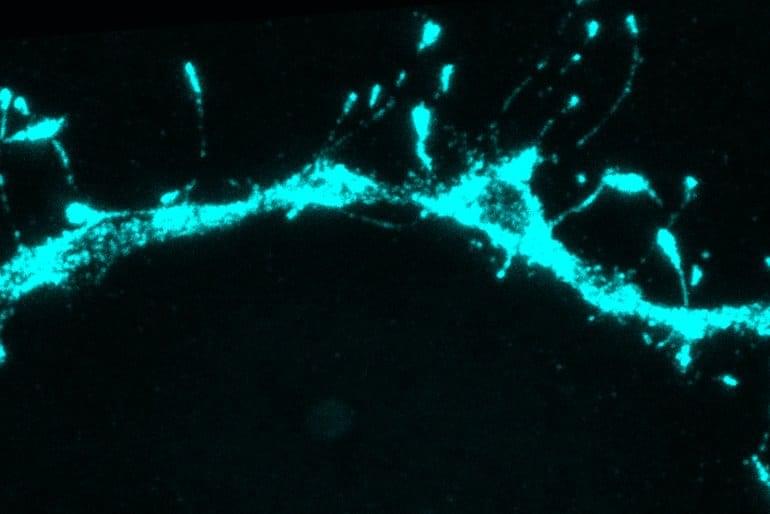
Summary: The adult brain contains millions of “silent synapses”, or immature connections between neurons that remain inactive until they are required for learning new information and storing new memories.
Source: MIT
MIT neuroscientists have discovered that the adult brain contains millions of “silent synapses” — immature connections between neurons that remain inactive until they’re recruited to help form new memories.
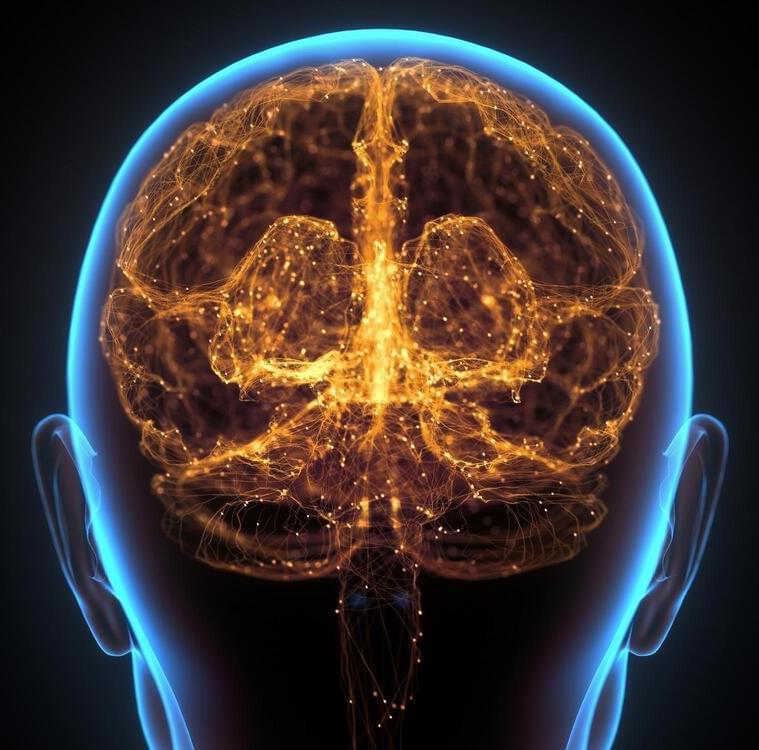
The treatment caused neurological changes, including a decrease in inflammation and an increase in functionality, according to the researchers.
A recent Tel Aviv University study found that pressure chamber therapy greatly improved social skills and the condition of the autistic brain. The research was carried out on autism animal models. The researchers discovered changes in the brain, including a decrease in neuroinflammation, which has been linked to autism. Furthermore, the social functioning of the animal models treated in the pressure chamber improved significantly. The success of the research has significant implications for the applicability and understanding of pressure chamber therapy as a treatment for autism.
Inbar Fischer, a Ph.D. student in Dr. Boaz Barak’s lab at Tel Aviv University’s Sagol School of Neuroscience and School of Psychological Sciences, led the team that made the discovery. The findings were recently published in the International Journal of Molecular Sciences.
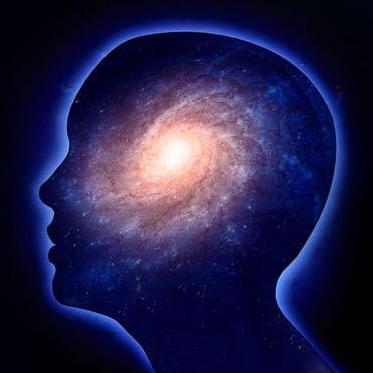
Using modified MRI machines, physicists may have found quantum entanglement between the heart and brain If someone were to (theoretically) throw a wrench at your head, you might be able to catch it just in time to avoid a concussion. But how? Typically, for split-second reactions, we do not consciously decide to catch.
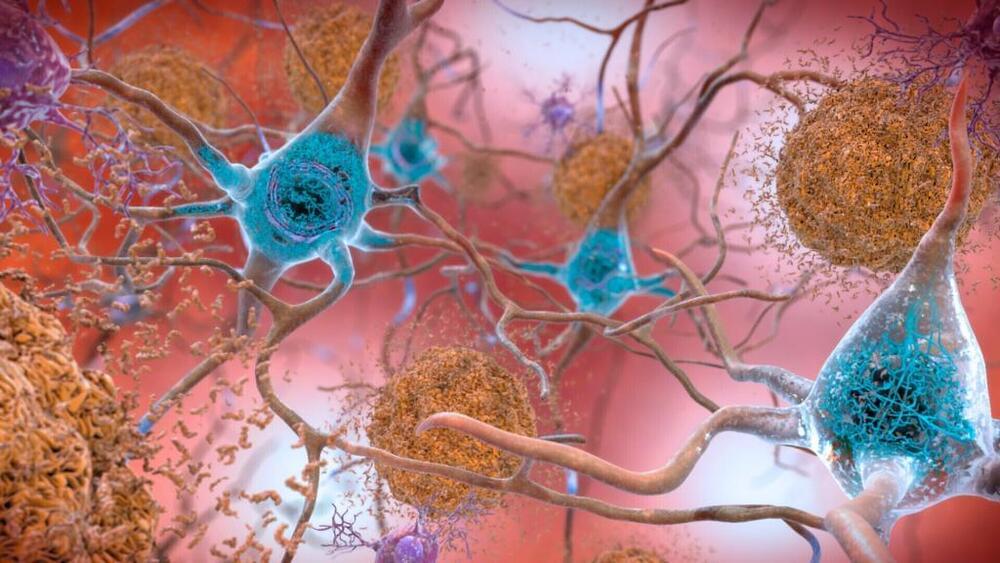
Alzheimer’s disease could soon be a distant memory.
A revolutionary new Alzheimer’s drug named lecanemab could mark a major breakthrough in the decades-long battle against the neurological disorder, according to eye-opening Phase 3 trials. The potentially game-changing dry runs transpired in May 2021, but the results were only published Tuesday in the New England Journal of Medicine.
“This first step is the hardest; I truly believe it represents the beginning of the end,” said Professor John Hardy, group leader at UK Dementia Research Institute at the University College London, describing the promising findings.
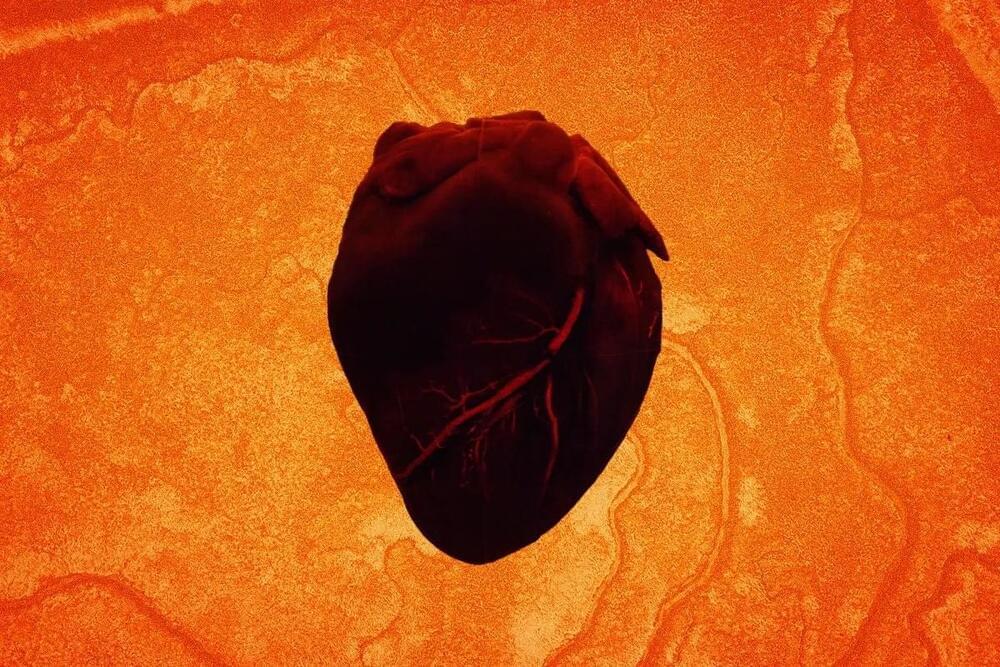
After statins, the next leading class of medications for managing cholesterol are PCSK9 inhibitors. These highly effective agents help the body pull excess cholesterol from the blood, but unlike statins, which are available as oral agents, PCSK9 inhibitors can only be administered as injections, creating barriers to their use.
Longevity. Technology: Having high cholesterol can increase the risk of heart and circulatory diseases such as heart attack, stroke and vascular dementia, but a new study from investigators at University Hospitals (UH) and Case Western Reserve University School of Medicine details an orally administered small-molecule drug that reduces PCSK9 levels and lowers cholesterol in animal models by 70%. Published in Cell Reports, the findings represent a previously unrecognised strategy for managing cholesterol and may also impact cancer treatments.
Cardiovascular disease ranking as the world’s number one killer, so it’s no surprise that a significant amount of research into potential therapeutic options is ongoing; just last week we looked at Cyclarity’s rationally-designed cyclodextrin molecules that remove arterial plaque by clearing the non-degradable oxidised cholesterol and which can be used in conjunction with statins for a broad-spectrum approach. Our report into Cyclarity’s new platform comes out next week, so stay tuned!
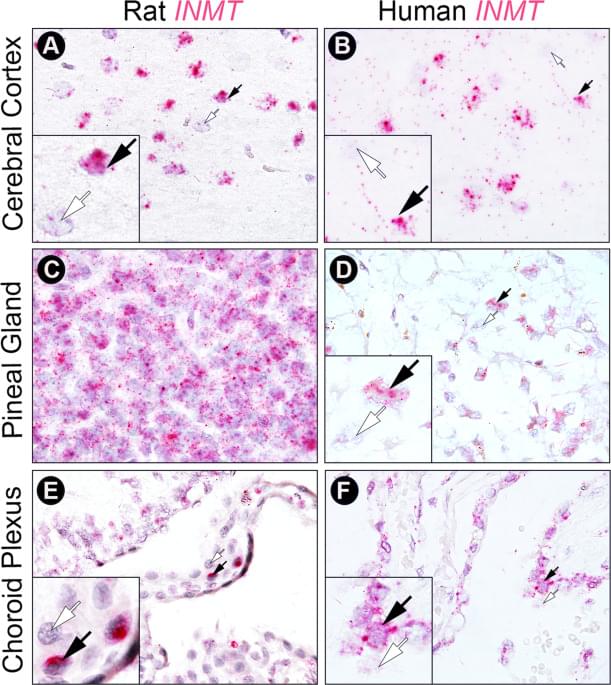
Year 2019 Dmt actually produced naturally in the human brain scientists are now believing it could be the spirit molecule of the human being which is also found in mice.
N, N-dimethyltryptamine (DMT), a psychedelic compound identified endogenously in mammals, is biosynthesized by aromatic-L-amino acid decarboxylase (AADC) and indolethylamine-N-methyltransferase (INMT). Whether DMT is biosynthesized in the mammalian brain is unknown. We investigated brain expression of INMT transcript in rats and humans, co-expression of INMT and AADC mRNA in rat brain and periphery, and brain concentrations of DMT in rats. INMT transcripts were identified in the cerebral cortex, pineal gland, and choroid plexus of both rats and humans via in situ hybridization. Notably, INMT mRNA was colocalized with AADC transcript in rat brain tissues, in contrast to rat peripheral tissues where there existed little overlapping expression of INMT with AADC transcripts.
Scientists have found a new drug treatment that can slow the progression of neurodegenerative disease in mice. The breakthrough research may offer fresh hope in tackling currently untreatable conditions such as Alzheimer’s disease.
The study—led by researchers at the University of Glasgow’s new Advanced Research Center (ARC) and published today in Science Signaling —found that by using a novel drug, which selectively activates a brain protein called the M1-receptor, the lifespan of mice suffering from neurodegeneration could be extended. The M1-receptor is a key brain protein, involved in memory and learning in people, and is an important potential target for neurodegenerative disease treatment.
Currently, Alzheimer’s disease is the most common form of neurodegenerative disease, affecting more then 850,000 people in the U.K. and over 55 million worldwide. The study demonstrates how many of the features of human Alzheimer’s disease, including memory loss and inflammation of the brain, could be treated in mice when they were given the new drug, known as a positive allosteric modulator (M1-PAM). The breakthrough described in this study indicates that, beyond treating symptoms, M1-PAMs may also be able to slow the overall progression of the disease.
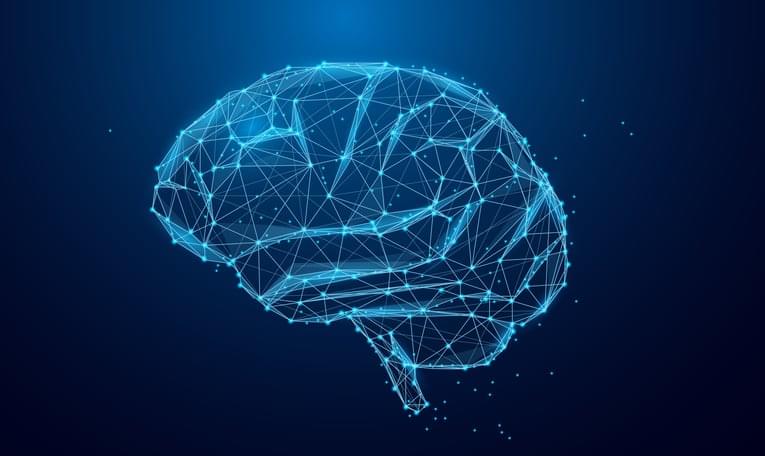
Basically this is one of the cure all options for thousands of brain disorders.
Researchers in Portugal have discovered a new collaborative mechanism that unveils how neural stem cells sense injury and communicate for tissue repair, moving science closer to boosting neuron regeneration after brain damage.
Stroke and traumatic brain injury can permanently damage neurons and, depending on injury site, patients may experience long-term impairments of critical motor or cognitive functions. For this reason, the brain has a reserve of special cells—known as neural stem cells—that can partially activate after tissue damage.
However, though many stem cells begin the process of regeneration, complete activation only happens in a few, meaning only a small number of fresh neurons are created. Fewer still survive to re-populate the damaged site. Instead, the area is typically filled by glia, a common non-neural support cell, which acts as the “glue” of the nervous system.

Individuals suffering from severe depression may find relief from just a single dose of a synthetic version of psilocybin, or “magic mushrooms,” according to a new study published this week.
The findings, which were published Wednesday by The New England Journal of Medicine, come from a double-blind trial involving 233 “randomly assigned adults with treatment-resistant depression [who received] a single dose of a proprietary, synthetic formulation of psilocybin at a dose of 25 mg, 10 mg, or 1 mg (control), along with psychological support.”
“In this phase 2 trial involving participants with treatment-resistant depression, psilocybin at a single dose of 25 mg, but not 10 mg, reduced depression scores significantly more than a 1-mg dose over a period of 3 weeks but was associated with adverse effects,” the authors wrote in their conclusions, adding that “larger and longer trials, including comparison with existing treatments, are required to determine the efficacy and safety of psilocybin for this disorder.”